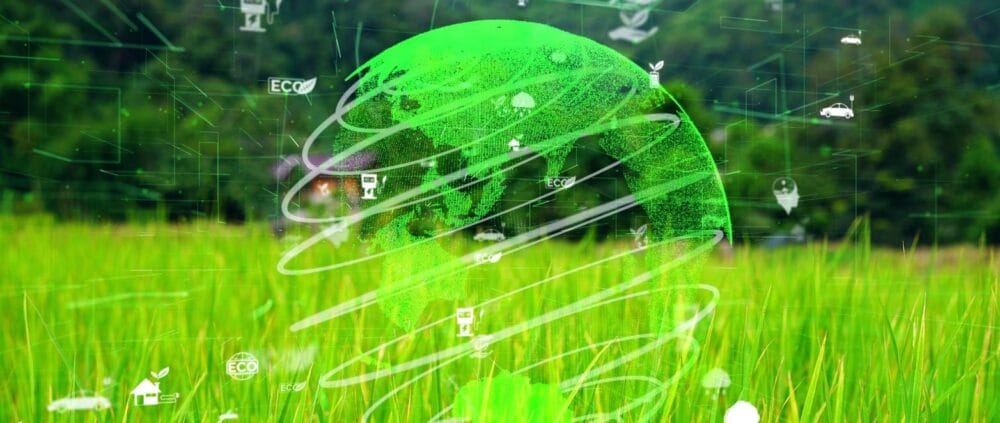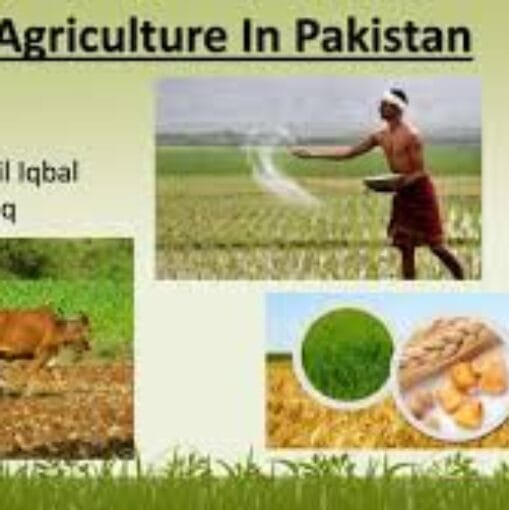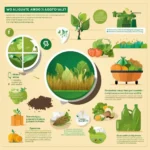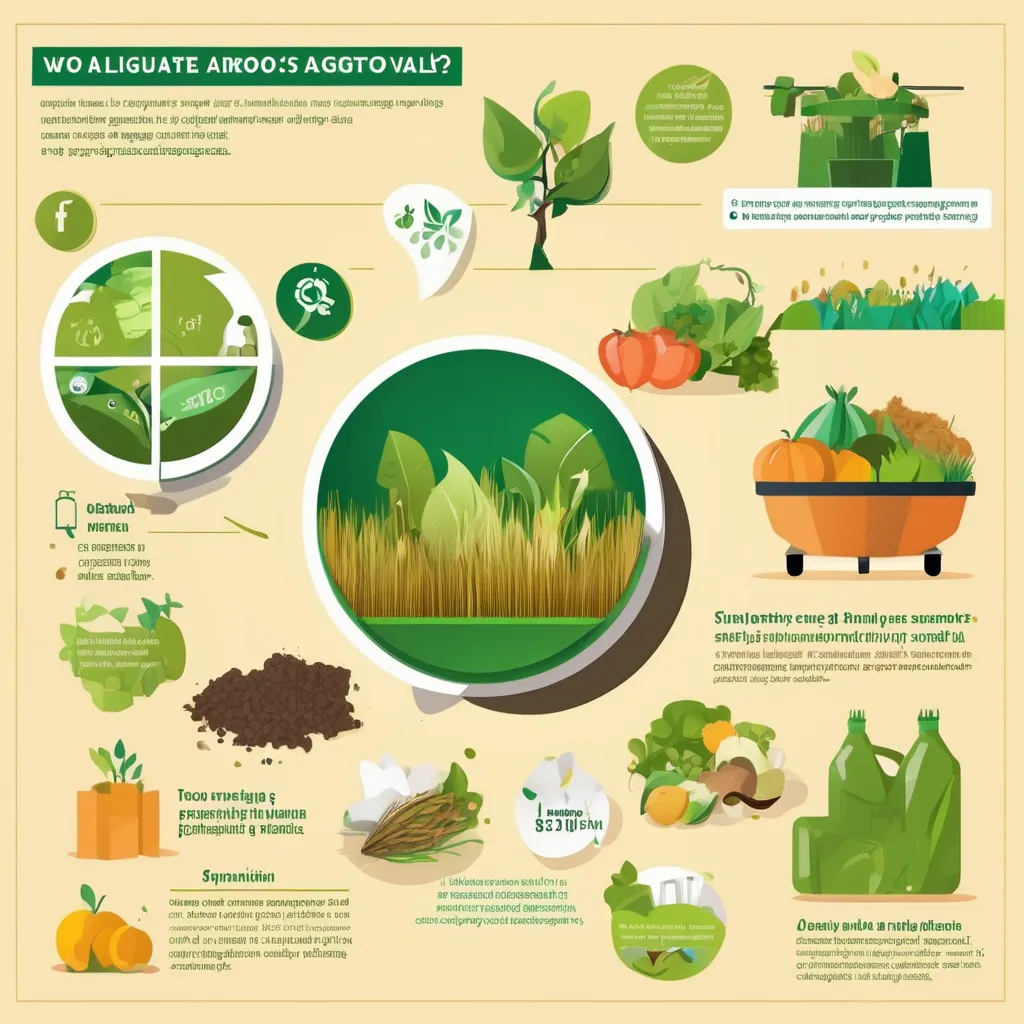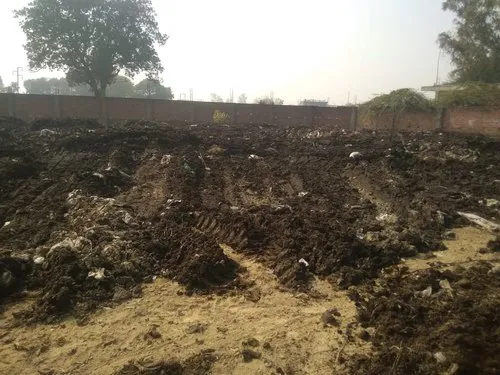Climate change is one of the most pressing issues facing global agriculture today. With rising temperatures, shifting weather patterns, and more frequent extreme events, farmers are grappling with new challenges that threaten food security worldwide. Understanding the impact of climate change on agriculture is critical for developing sustainable farming practices that can adapt to these changes while ensuring a stable food supply for the growing global population.

In this article, we will explore the effects of climate change on agriculture, its challenges, and the solutions that farmers can implement to mitigate its impact.
How Climate Change Affects Agriculture
Temperature Increases Due to Climate Change
Rising global temperatures directly affect climate change, crop growth and productivity. Many crops, such as wheat and rice, are sensitive to heat and can suffer from reduced yields as temperatures exceed their optimal growth conditions. Warmer temperatures also accelerate plant growth cycles, leading to premature ripening and lower quality harvests. Learn more from NASA’s Climate Change and Global Warming Overview about how rising temperatures are changing ecosystems globally.
- Shifting Rainfall Patterns Caused by Climate Change
Changes in rainfall patterns lead to increased droughts in some regions and floods in others. These shifts make it harder for farmers to predict planting and harvesting seasons, which can result in impact on climate change and crop losses. In areas prone to drought, the lack of water significantly reduces yields, while excessive rainfall can cause water logging, damaging crops.

- Increased Frequency of Extreme Weather Events Due to Climate Change
Climate change has intensified extreme weather events, including hurricanes, cyclones, and heavy storms. These events can devastate entire farming communities, destroying crops, livestock, and infrastructure. The unpredictability of these events also makes it difficult for farmers to plan for the future, putting their livelihoods at risk. For more information, refer to the World Meteorological Organization’s reports on extreme weather events. - Climate Change and Soil Degradation
Higher temperatures and irregular rainfall patterns contribute to soil degradation, causing erosion and loss of nutrients. This makes it harder for climate change and crops to thrive, reducing overall agricultural productivity. Degraded soils also increase the need for chemical inputs, such as fertilizers, which can further damage the environment. Learn more about sustainable soil management practices to combat soil degradation. - Climate Change and Pest and Disease Proliferation
Warmer temperatures create a more favorable environment for pests and plant diseases. Crops in regions that were once free from certain pests are now becoming vulnerable, requiring increased use of pesticides and herbicides. This not only raises production costs but also harms ecosystems. Discover more about the impact of climate change on pest distribution.
Challenges Farmers Face Due to Climate Change

- Unpredictable Growing Seasons Due to Climate Change: Farmers are finding it difficult to adapt to shifting planting and harvesting seasons, leading to increased risk of crop failure.
- Water Scarcity as a Result of Climate Change: In many regions, water resources are becoming increasingly scarce, making irrigation more challenging and expensive. For sustainable solutions, check out our guide on efficient water management techniques.
- Food Security Risks Linked to Climate Change: As crop yields decrease and prices rise, food security becomes a major concern, particularly in developing countries that rely heavily on agriculture.
- Economic Losses driven by Climate Change: Damage to crops, livestock, and infrastructure from extreme weather events causes significant economic losses for farmers, many of whom are already operating on thin margins.
Solutions for Mitigating the Impact of Climate Change on Agriculture
- Adopting Climate-Smart Agriculture to Counter Climate Change
Climate-smart agriculture (CSA) involves practices that increase productivity while reducing greenhouse gas emissions and enhancing resilience to climate change. Techniques such as crop rotation, agroforestry, and conservation tillage help improve soil health and water retention, making farming systems more resilient to changing conditions. Discover more about climate-smart agriculture practices. - Diversifying Crops to Adapt to Climate Change
By planting a variety of crops, farmers can reduce the risk of total crop failure. Crop diversification also improves soil health and promotes biodiversity, which can help prevent pest outbreaks and diseases. Drought-tolerant and heat-resistant crop varieties are also being developed to withstand extreme conditions. - Improving Water Management Amid Climate Change
Efficient water management practices, such as drip irrigation and rainwater harvesting, can help conserve water in regions experiencing drought. Farmers can also use soil moisture sensors to optimize irrigation, ensuring that crops receive the right amount of water without wastage. Learn about sustainable water practices for agriculture. - Embracing Technology and Innovation to Combat Climate Change
New technologies, such as precision agriculture, allow farmers to monitor and manage their crops more effectively. Remote sensing, drones, and satellite imagery provide real-time data on soil conditions, crop health, and weather patterns, enabling farmers to make informed decisions and reduce losses. Read more on how technology is revolutionizing farming. - Implementing Sustainable Livestock Practices to Reduce Climate Change Impact
Climate change also affects livestock production, with rising temperatures and changing pasture conditions reducing animal productivity. Sustainable livestock practices, such as rotational grazing, improved feed efficiency, and methane-reducing technologies, can help reduce the environmental impact of livestock farming. - Government Policies and Support for Climate Change Adaptation
Governments must play a role in supporting farmers through subsidies, insurance, and access to resources that enable them to adapt to climate change. Policy interventions such as carbon pricing, incentives for sustainable practices, and investments in research and development are essential to promote climate-resilient agriculture.
Conclusion
The impact of climate change on agriculture is undeniable, but with the right strategies, farmers can adapt and continue to produce food sustainably. By adopting climate-smart practices, improving water management, and utilizing technology, farmers can build resilience against the challenges posed by climate change. Governments and global organizations must support these efforts through policy, funding, and research to ensure a sustainable agricultural future.
http://World Bank’s Water Management in Agriculture.
http://FAO’s Climate-Smart Agriculture
